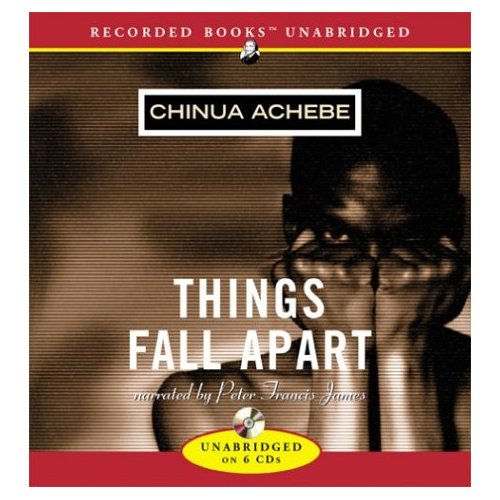


Analyze how and why individuals, events, or ideas develop and interact over the course of a text.Ĭ.4. Determine central ideas or themes of a text and analyze their development summarize the key supporting details and ideas.Ĭ.3. Read closely to determine what the text says explicitly and to make logical inferences from it cite specific textual evidence when writing or speaking to support conclusions drawn from the text.Ĭ.2. It can be used alone or in conjunction with the related lesson Chinua Achebe's "Things Fall Apart": Oral and Literary Strategies. This lesson introduces students to Achebe's first novel and to his views on the role of the writer in his or her society. Through his writing, Achebe counters images of African societies and peoples as they are represented within the Western literary tradition and reclaims his own and his people's history. Published in 1958, the novel recounts the life of the warrior and village hero Okonkwo, and describes the arrival of white missionaries to his Igbo village and their impact on African life and society at the end of the nineteenth century. His first novel, Things Fall Apart (1958), is an early narrative about the European colonization of Africa told from the point of view of the colonized people. Nigerian Chinua Achebe is one of the world's most well-known and influential contemporary writers. … This continued until the Africans themselves, in the middle of the twentieth century, took into their own hands the telling of their story." The reason for this had to do with the need to justify the slave trade and slavery. "The last four or five hundred years of European contact with Africa produced a body of literature that presented Africa in a very bad light and Africans in very lurid terms.


 0 kommentar(er)
0 kommentar(er)
